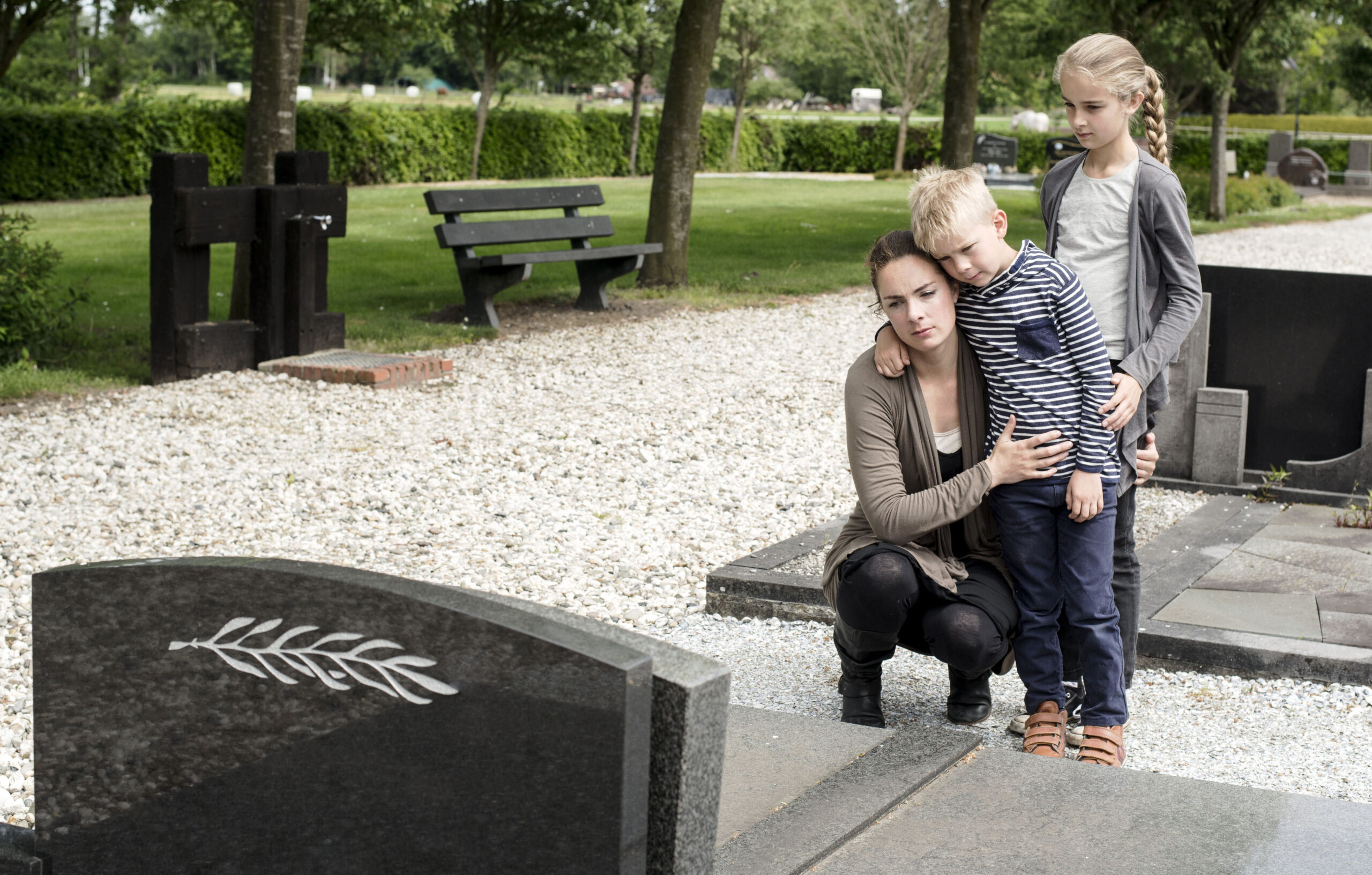Next Sunday is Father’s Day and for many, celebrations of parents, anniversaries and birthdays can bring up many mixed emotions for those who have lost a mother or father. Although we all know and expect that one day our parents will die, grieving this inevitable loss can have a psychological and even physical effect that studies have found can change the body and it’s immune response if left unresolved.
According to a recent Fatherly Health and Science post, researchers are learning more about how grief can alter the brain, especially for people who have suddenly and unexpectedly lost a parent. We hope to say goodbye to our parents after they have lived a long and fulfilling life, surrounded by friends and family to offer support. But when a parent dies suddenly or violently, the unexpected grief can linger and develop into a clinical depression or post-traumatic stress disorder.
A study published in the American Journal of Psychiatry notes that grief after the death of a loved one leads to a minor or major depression among 40 percent of people and bereaved individuals are at increased risk for mortality from all causes. Traumatic grief symptoms may result in altered cardiovascular health or other physical health conditions including cancer in the months following the death of a close loved-one. When the body is in a constant state of stress, studies have found the “flight or fight” response remains active leading to inflammation, suppression of the immune system and an interruption in natural cell death that may lead to a greater risk for cancer growth.
While no two people process their grief over losing a parent in the same way, sudden death or the loss of a parent that has been estranged can lead to prolonged feelings of anger or depression. Some people may throw themselves into work or activities to stay busy while others withdraw socially. The relationship with a parent can be complicated, especially as children grow into adults and start their own families. It may be necessary to seek professional help if extended grief starts to lead problems with a spouse, work, sleep or daily life.
If you or your partner have lost a parent, it’s important to find ways to manage stress with exercise, meditation or talk therapy. Being a good listener and suggesting healing activities like taking a walk or visiting the gravesite can help adult children process the loss of a parent and come to terms with a life-changing death.
Read more about losing a parent and bereavement theory by following this link to recent article in Psychology Today.






Add Your Voice
0 Comments
Join the Discussion